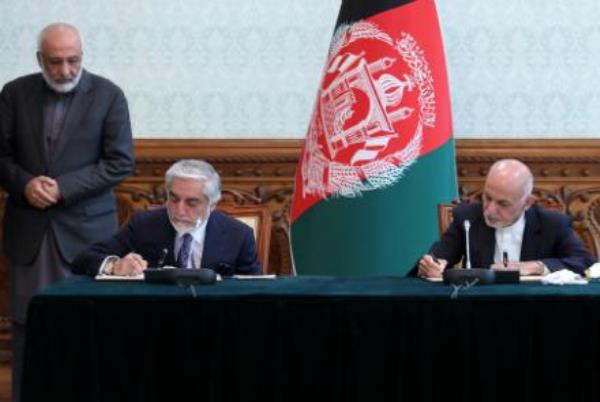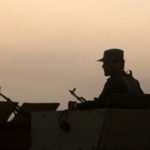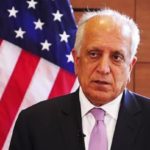Disagreements over the appointment of three ministers proposed by the chairman of the High Council for National Reconciliation, Abdullah Abdullah, as part of the political agreement have been delaying the formation of the new cabinet, sources told TOLOnews on Wednesday.
Meanwhile, President Ashraf Ghani’s spokesman Sediq Sediqqi did not name any specific candidate, but said that the presidential Palace expects “eligible and qualified” people to be picked for the cabinet.
“God forbid, if we do not focus on the required standards, we will face major problems, because the issue is linked with political stability, the issue is that the people have expectations from the present government,” said Sediq Sediqqi, a spokesman for President Ashraf Ghani.
However, Abdullah’s spokesman has accused Sediqqi of having “no information and knowledge” about the constitution of the country and the provisions of the political agreement signed between Ghani and Abdullah on May 17.
“The individuals who were introduced come from the qualified and elite people, they are fully acquainted with the administrative system of Afghanistan and the Afghan society,” said Faraidoon Khawozon, a spokesman for Abdullah Abdullah.
Neither Abdullah’s camp nor the Presidential Palace has disclosed the identity of those who are supposed to take charge as the new ministers in the cabinet.
Previously, sources close to Abdullah had said that he had suggested at least 12 names for the new cabinet.
Sources have said that Noor Rahman Akhlaqi, Mustafa Mastoor and Masooma Khawari are among the proposed names about which the Presidential Palace has expressed serious concerns.
“I fear the day the US will come and say that you do not have the ability to negotiate,” said Sayed Eshaq Gailani, a close aid to Abdullah.
Legal experts have said that a continued scuffle between the two political leaders of the country does not suit Afghanistan’s national interests.
Back in May, President Ashraf Ghani and his political rival Abdullah Abdullah signed a power-sharing deal after months of political discord that critics say could have pushed the country towards a new crisis if not resolved.
The political tension emerged as a consequence of the disputed presidential election of last year, the result of which was announced in February. Consequently, the two leaders, Ghani and Abdullah, held inauguration ceremonies on the same day in their adjacent respective palaces. Ghani was declared president by the Independent Election Commission after earning a slightly higher percentage of votes than rival Abdullah.













